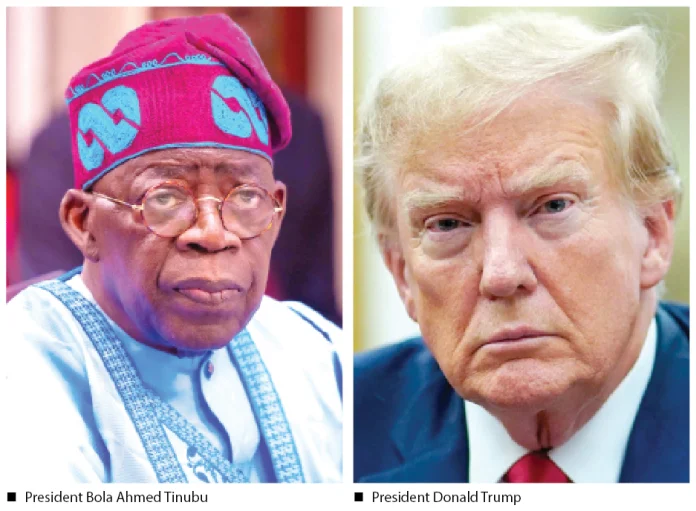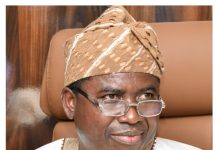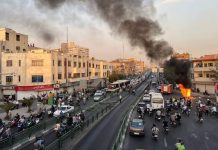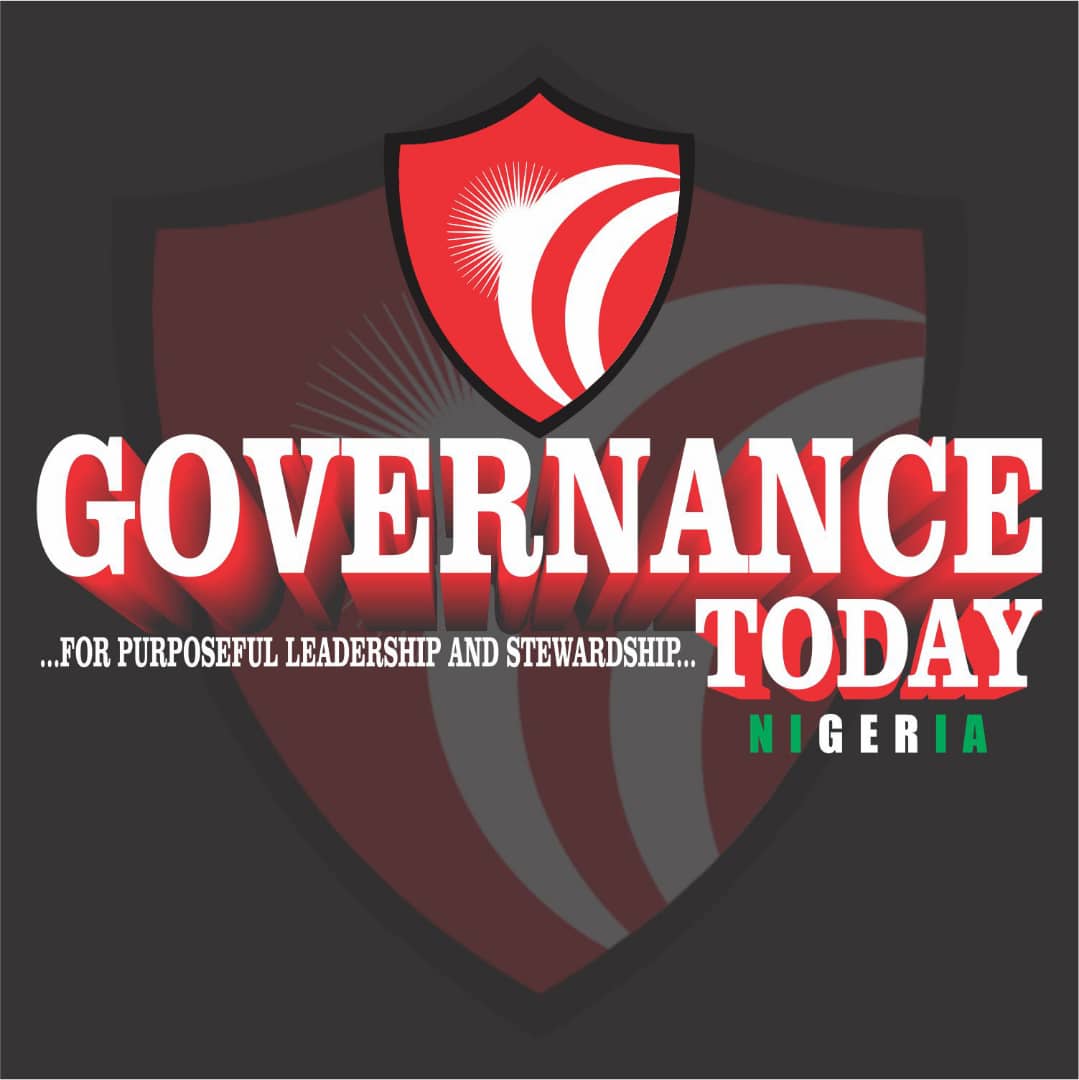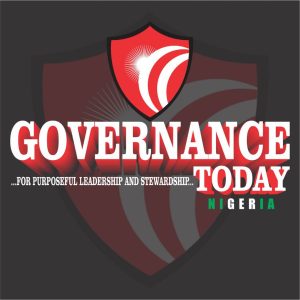
ABUJA, Nigeria — Nigerian President Bola Ahmed Tinubu has called for calm and diplomacy after U.S. President Donald Trump threatened to take military action and cut aid to Nigeria over alleged persecution of Christians.
The tense exchange erupted after Trump accused the West African nation of turning a blind eye to what he described as a “genocide against Christians,” placing Nigeria on Washington’s list of “Countries of Particular Concern.” The designation, typically reserved for nations accused of severe violations of religious freedom, came with a stern warning from the White House: unless Nigeria acts to stop the killings, all U.S. assistance could be suspended — and “all options are on the table.”
Addressing the controversy for the first time, Tinubu rejected the claim and reaffirmed Nigeria’s commitment to religious freedom and democracy.
“We are engaging the world diplomatically,” Tinubu said before a cabinet meeting in Abuja on Monday. “Despite the political headwinds and fear among our people, we will continue to work with our partners. Nigeria remains a democracy built on freedom of religion and belief.”
Tinubu insisted that his administration would not bow to external pressure but would instead strengthen global partnerships to combat terrorism and religious extremism at home.
“We will defeat terrorism,” he declared. “The task ahead is immense, but we are guided by the Renewed Hope Agenda — to build a secure, united, and prosperous Nigeria.”
The Nigerian president’s statement follows mounting international concern about security in the country, where extremist groups such as Boko Haram and Islamic State West Africa Province (ISWAP) continue to stage attacks in parts of the north and central regions.
Speaking to reporters, Information Minister Muhammed Idris confirmed that diplomatic channels between Abuja and Washington have been opened.
“Nigeria is responding responsibly and steadily,” Idris said. “There’s no panic. The government is addressing these issues in a way that reflects who we are — a nation of religious tolerance and mutual respect.”
He added that terrorism is a global problem that transcends borders, emphasizing Nigeria’s cooperation with both regional and international partners, including the United States.
“We prefer that this matter be resolved diplomatically,” he said.
As tensions simmer, Tinubu called on Nigerians to remain united and resist fear.
“Nigeria is one family,” he said. “We shall spare no effort until every criminal is removed from our society.”
While Washington’s designation of Nigeria as a “Country of Particular Concern” has sparked debate among religious groups and rights advocates, Tinubu’s message was clear: Nigeria seeks dialogue, not confrontation.


